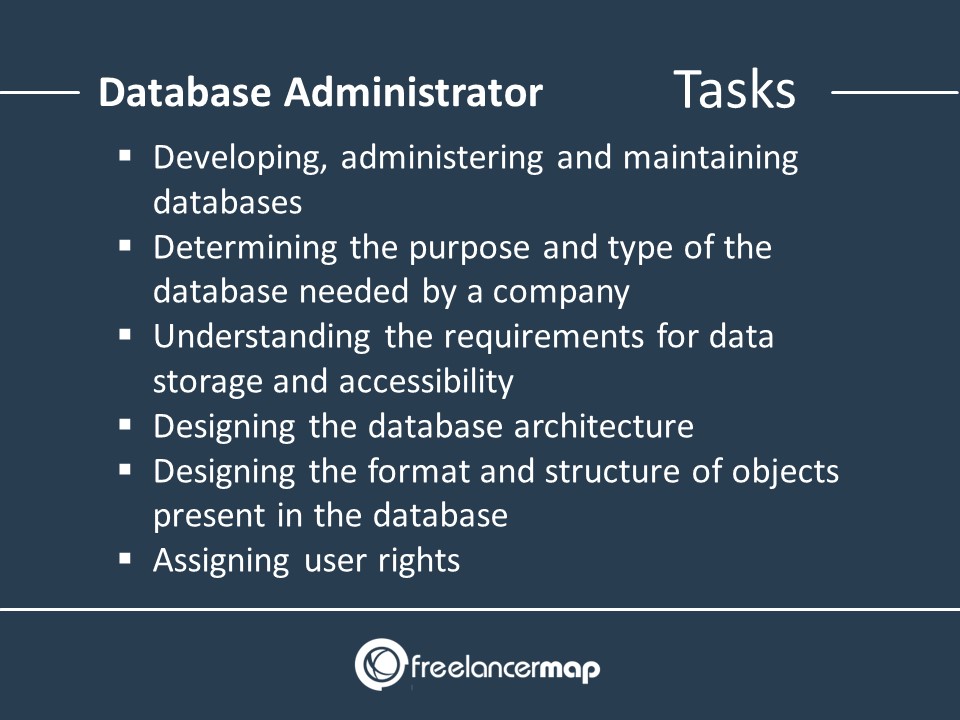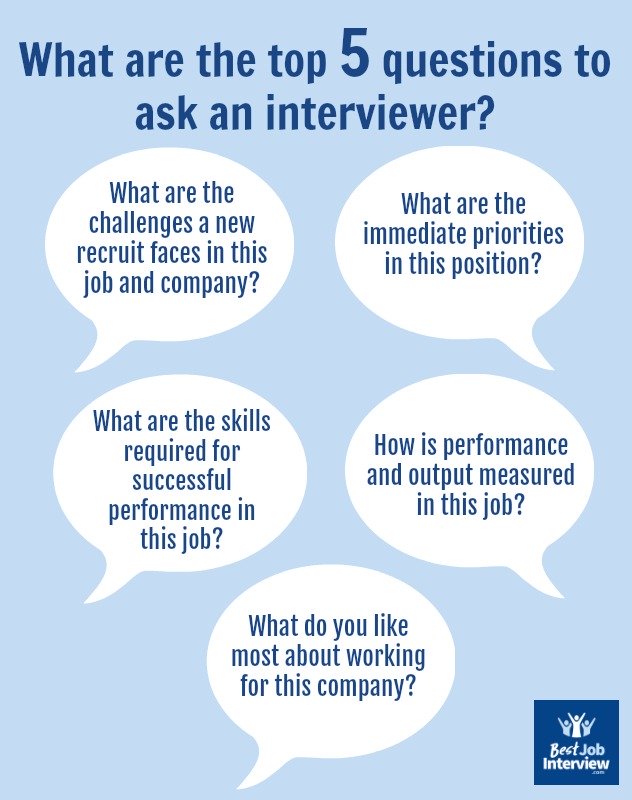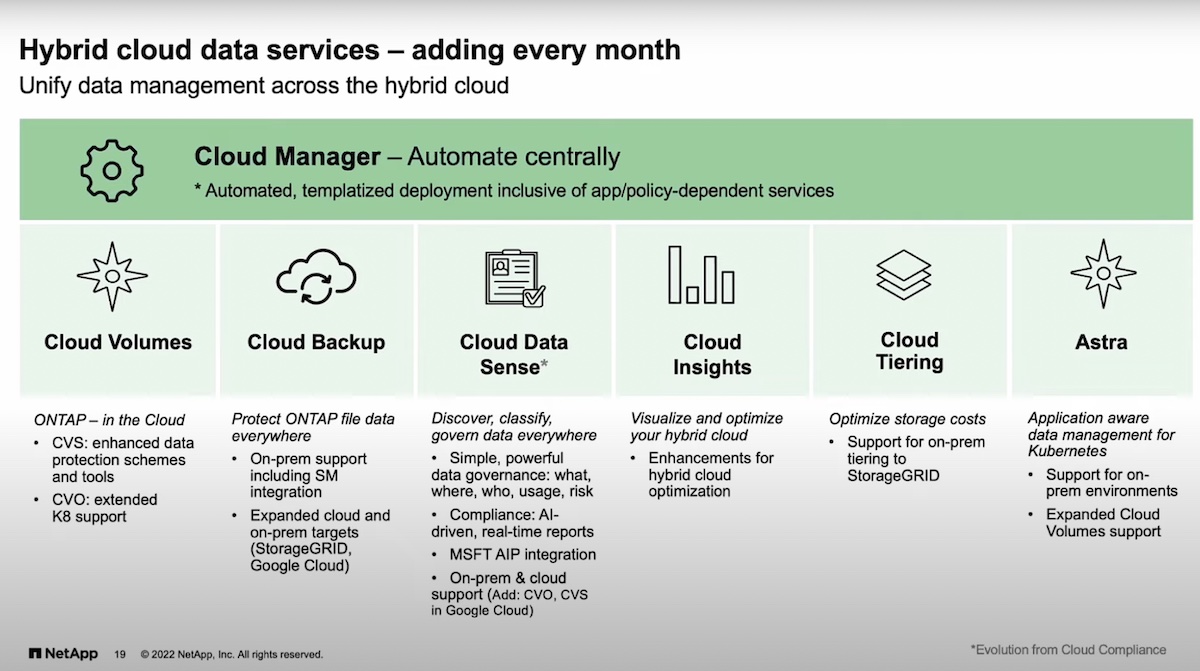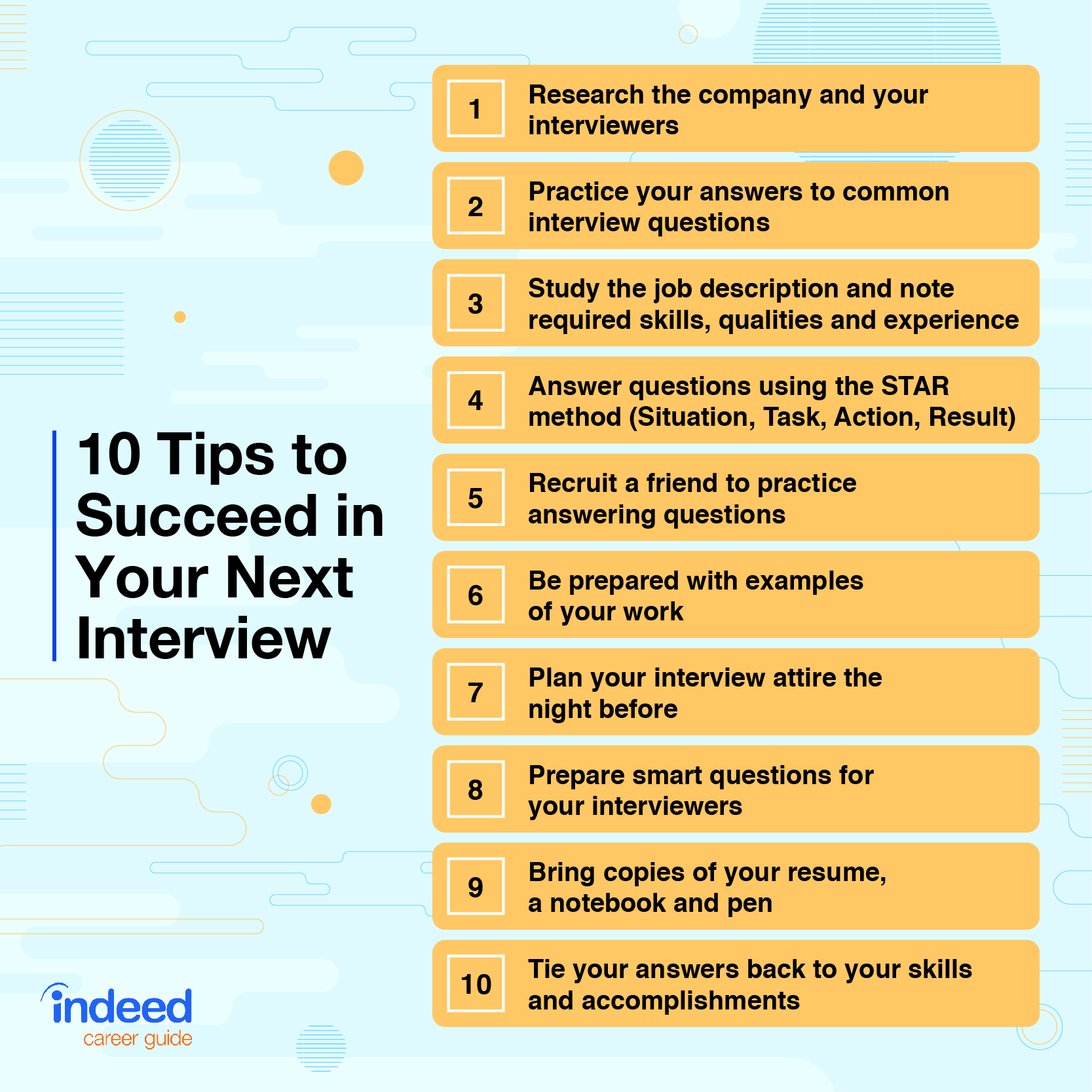The Role of a Storage Administrator: An Overview
A storage administrator plays a pivotal role in managing an organization’s data storage infrastructure, ensuring data integrity, availability, and security. Primary responsibilities include designing, implementing, and maintaining storage systems, as well as troubleshooting issues, optimizing performance, and coordinating with other IT teams. Given the critical nature of these tasks, effective interviewing is essential to hiring a competent storage administrator.
Identifying Key Skills: Crucial Competencies for Storage Administrators
A successful storage administrator should possess a diverse set of skills and competencies to effectively manage an organization’s data storage infrastructure. These skills can be broadly categorized into technical knowledge, problem-solving abilities, and communication skills. During the interview process, it’s essential to evaluate these competencies to ensure a candidate’s qualifications align with the role’s requirements.
Technical knowledge encompasses a deep understanding of various storage architectures, backup and recovery strategies, and data protection techniques. Problem-solving skills involve the ability to analyze complex situations, troubleshoot issues, and devise effective solutions. Communication skills are equally important, as storage administrators must collaborate with other IT teams and convey complex concepts to non-technical stakeholders.
Crafting Effective Questions: A ‘How-To’ Guide for Interviewers
To create a robust set of interview questions for storage administrators, follow these steps to ensure a comprehensive evaluation of the candidate’s skills and competencies:
-
Formulate open-ended questions: Open-ended questions encourage candidates to provide detailed responses, allowing interviewers to better assess their knowledge, skills, and problem-solving abilities. For example, instead of asking “Do you have experience with SAN architectures?”, frame the question as “Can you describe your experience designing and implementing SAN architectures and the challenges you’ve encountered?”
-
Avoid bias: Ensure questions are neutral and do not favor a particular vendor, technology, or solution. For instance, instead of asking “What do you think about using NetApp storage systems?”, rephrase the question to “Can you discuss the advantages and disadvantages of different storage system vendors and how you determine the best solution for a given scenario?”
-
Encourage thoughtful responses: Give candidates time to think and formulate their answers. Pausing before asking the next question or saying “Take a moment to consider your response” can help ensure thoughtful, well-constructed answers that provide insight into the candidate’s expertise.
By following these guidelines, interviewers can create a set of effective interview questions that accurately assess a candidate’s suitability for a storage administrator role.
Top Interview Questions for Storage Administrators: Technical Expertise
To assess a candidate’s technical knowledge and expertise in storage architectures, backup and recovery, and data protection, consider incorporating the following interview questions:
- Storage Architectures: Describe your experience designing and implementing storage area networks (SANs) and network-attached storage (NAS) systems. What factors do you consider when selecting a storage architecture for a specific use case?
- Backup and Recovery: Can you explain your approach to creating a backup and recovery strategy? How do you ensure data integrity and minimize downtime during the recovery process?
- Data Protection: Discuss your experience with data protection techniques such as encryption, replication, and deduplication. How have you implemented these techniques in your previous roles?
- Storage Virtualization: How have you used storage virtualization to optimize storage utilization and management? Can you provide an example of a challenging virtualization project you’ve undertaken?
- Cloud Storage: What is your experience with cloud storage solutions? How do you determine when to use public, private, or hybrid cloud storage options?
These questions will help interviewers gauge a candidate’s technical proficiency and understanding of essential storage administration concepts.
Top Interview Questions for Storage Administrators: Problem-Solving Skills
To evaluate a candidate’s problem-solving skills, consider asking the following interview questions:
- Troubleshooting: Can you describe a time when you encountered a challenging storage issue and how you went about resolving it? What steps did you take to identify the root cause, and how did you ensure the issue did not recur?
- Complex Situations: How have you approached analyzing and optimizing storage performance in a complex IT environment? What tools or techniques did you use to identify bottlenecks and improve overall efficiency?
- Disaster Recovery: Can you share an experience where you had to implement a disaster recovery plan? How did you ensure data integrity and minimize downtime during the recovery process?
- Capacity Planning: How do you approach capacity planning for storage systems? What metrics or key performance indicators (KPIs) do you use to forecast future storage needs and optimize resource allocation?
- Security: Describe a situation where you had to address a security vulnerability in a storage system. How did you identify and remediate the issue, and what steps did you take to prevent similar incidents in the future?
These questions will help interviewers assess a candidate’s problem-solving abilities and their capacity to handle complex situations in a storage administration role.
Top Interview Questions for Storage Administrators: Collaboration and Communication
Effective collaboration and communication are crucial for storage administrators to work seamlessly within an IT team and convey complex concepts to non-technical stakeholders. Consider asking the following interview questions to evaluate a candidate’s abilities in these areas:
- Teamwork: Can you describe a project where you collaborated with other IT professionals to achieve a storage-related goal? How did you contribute to the team, and what was the outcome of the project?
- Cross-Functional Collaboration: How have you worked with non-technical teams (e.g., marketing, sales, or finance) to address storage-related challenges or opportunities? What strategies did you use to ensure effective communication and collaboration?
- Conflict Resolution: Describe a situation where you encountered disagreements or conflicts within a team while working on a storage project. How did you handle the situation, and what was the outcome?
- Presenting Complex Information: How do you approach explaining complex storage concepts to non-technical stakeholders? Can you provide an example of a time when you successfully communicated such information to a non-technical audience?
- Documentation: How do you ensure effective knowledge sharing and documentation of storage-related processes, configurations, and best practices? Can you provide an example of a well-documented project you’ve led?
These questions will help interviewers assess a candidate’s collaboration and communication skills, which are essential for success in a storage administration role.
Assessing Cultural Fit: Interview Questions for Storage Administrators
Assessing a candidate’s cultural fit is crucial to ensure their values, work style, and professional goals align with the organization’s mission and vision. Consider asking the following interview questions to evaluate a candidate’s cultural fit as a storage administrator:
- Company Values: How do you ensure your work aligns with a company’s core values? Can you provide an example of how you’ve applied company values in a previous role?
- Adaptability: Describe a time when you had to adapt to a significant change in a work environment. How did you handle the transition, and what was the outcome?
- Professional Development: How do you prioritize and pursue professional growth and learning opportunities? Can you provide an example of a skill or certification you’ve acquired to enhance your performance in a storage administration role?
- Work-Life Balance: How do you maintain a healthy work-life balance while managing critical storage infrastructure and responding to time-sensitive issues?
- Collaboration and Teamwork: How do you foster positive relationships with your colleagues and promote a collaborative work environment? Can you provide an example of a successful collaboration in a previous role?
These questions will help interviewers assess a candidate’s cultural fit, ensuring they will thrive in the organization’s unique environment and contribute to its long-term success.
Best Practices for Interviewing Storage Administrators: A Summary
When interviewing candidates for a storage administrator role, it’s crucial to adopt a well-rounded, comprehensive approach to assess their skills, problem-solving abilities, collaboration and communication skills, and cultural fit. By following these best practices, interviewers can ensure they hire the most suitable candidate for the position:
- Understand the Role: Begin by familiarizing yourself with the primary responsibilities and expectations of a storage administrator, allowing you to create relevant and targeted interview questions.
- Identify Key Skills: Recognize the essential skills and competencies required for a storage administrator, such as technical expertise, problem-solving abilities, and communication skills. Ensure your interview questions address these areas.
- Craft Effective Questions: Formulate open-ended questions that encourage thoughtful responses, avoid bias, and promote a comfortable conversation. Consider asking questions that assess technical knowledge, problem-solving skills, collaboration and communication abilities, and cultural fit.
- Evaluate Responses: Pay close attention to the candidate’s responses during the interview, looking for evidence of their technical proficiency, problem-solving abilities, and alignment with the company’s values and mission.
- Assess Cultural Fit: Determine whether the candidate’s values, work style, and professional goals align with the organization’s culture and vision. This will help ensure a harmonious and productive work environment.
By adhering to these best practices, interviewers can effectively evaluate candidates and make informed hiring decisions, ultimately leading to the successful recruitment of a skilled and compatible storage administrator.







